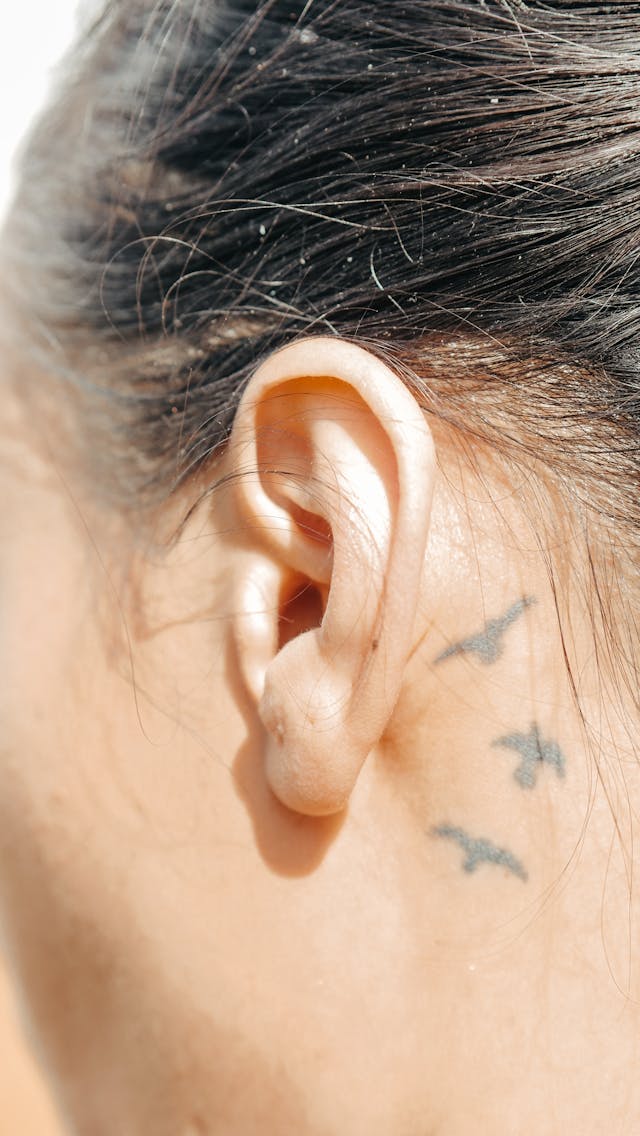 Hearing aids play a crucial role in tinnitus management by amplifying external sounds, which can help mask the internal ringing associated with tinnitus. This amplification makes environmental sounds more prominent, reducing the focus on tinnitus.
Hearing aids play a crucial role in tinnitus management by amplifying external sounds, which can help mask the internal ringing associated with tinnitus. This amplification makes environmental sounds more prominent, reducing the focus on tinnitus.
Hearing Aids in Tinnitus Management
Amplification and Sound Masking
Hearing aids amplify external sounds, making them more noticeable than the tinnitus. This can be especially effective for individuals with hearing loss, as the enhanced external sounds mask the tinnitus. Additionally, some hearing aids come with built-in sound generators that produce soothing sounds like white noise, further helping to mask tinnitus.
Improving Communication
By improving hearing ability, hearing aids can make conversations and daily interactions easier. This can reduce the stress and frustration often associated with hearing difficulties and tinnitus. Better communication can also reduce social isolation, which is a common issue for those with tinnitus and hearing loss.
Sound Therapy Integration
Modern hearing aids often come with built-in sound therapy features. These can include white noise or nature sounds that help mask tinnitus, providing continuous relief throughout the day. This integration of sound therapy within hearing aids makes it convenient for users to manage their tinnitus without needing separate devices.
Customized Settings
Hearing aids can be customized to meet the specific needs of each individual. Audiologists can adjust the settings to provide the best possible relief from tinnitus symptoms, enhancing the effectiveness of the devices. Customization ensures that the hearing aids are tailored to the user’s specific hearing loss profile and tinnitus frequency.
Technological Advancements
The technology behind hearing aids has advanced significantly, making them more effective for tinnitus management. Features like directional microphones, feedback cancellation, and Bluetooth connectivity have enhanced the user experience. Bluetooth connectivity allows users to stream audio directly from their devices, providing additional sources of sound that can help mask tinnitus.
Psychological Benefits
Wearing hearing aids can also provide psychological benefits. By improving hearing and communication, users often experience reduced stress and anxiety. This can lead to better overall mental health, which is crucial for managing tinnitus. Addressing hearing loss can also boost confidence and quality of life.
Combining Hearing Aids with Other Treatments
Hearing aids are most effective when used in conjunction with other tinnitus treatments. Cognitive Behavioral Therapy (CBT), mindfulness meditation, and sound therapy can complement the benefits of hearing aids. This combined approach can provide a comprehensive tinnitus management plan.
Hearing Aids in Tinnitus Management: Conclusion
Hearing aids offer significant benefits for managing tinnitus by amplifying external sounds, improving communication, integrating sound therapy, and providing psychological benefits. Technological advancements and customized settings ensure optimal relief, making hearing aids a valuable tool for those affected by tinnitus.
For expert guidance on how hearing aids can help manage your tinnitus, contact Stephen Geller Katz, LCSW-R, at the Tinnitus Cognitive Center. Stephen specializes in comprehensive tinnitus management and can tailor a treatment plan to your needs.

Sorry, comments are closed for this post.